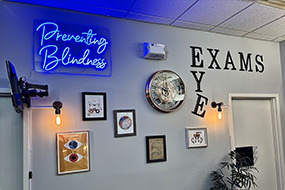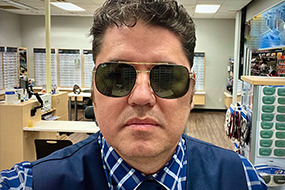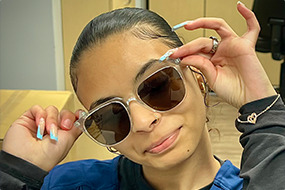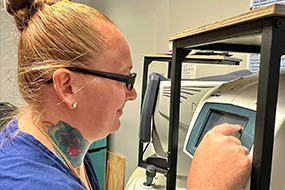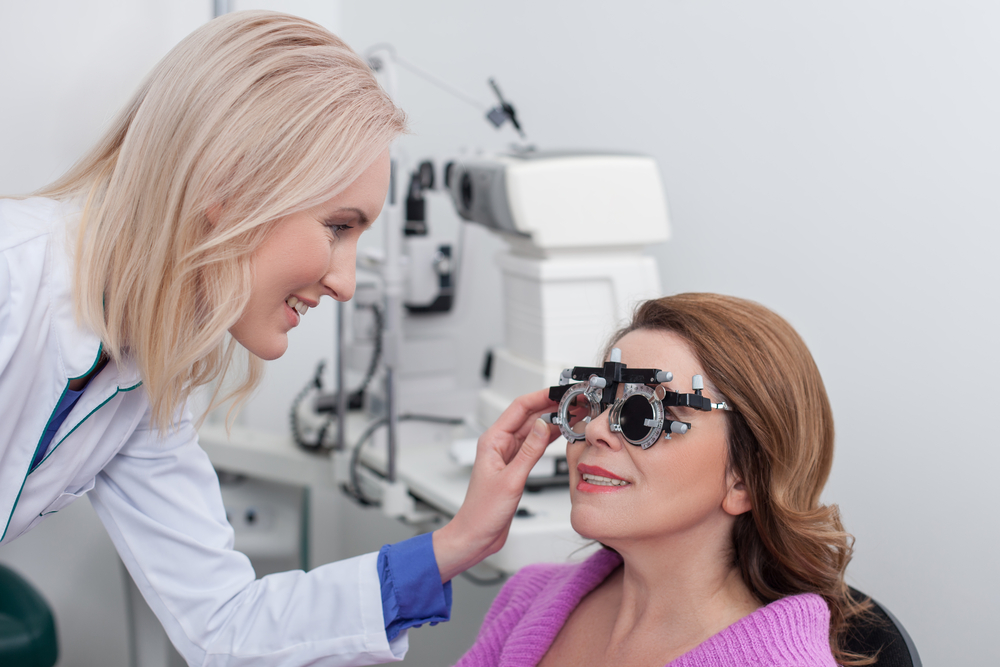
As we grow older, the risk of developing eye conditions increases, making regular eye exams essential for maintaining clear sight and overall well-being. Understanding the most common eye problems in seniors can help you take proactive steps to protect your vision.
Cataracts
Cataracts occur when the natural lens of the eye becomes cloudy, leading to blurred vision, glare sensitivity, and difficulty seeing at night. This condition develops gradually and can eventually interfere with daily activities. Cataract surgery is a safe and effective procedure that restores clear vision by replacing the cloudy lens with an artificial one.
Age-Related Macular Degeneration (AMD)
AMD affects the macula, the part of the retina responsible for central vision. It can lead to blurry or distorted vision, making it challenging to read, drive, or recognize faces. While there is no cure for AMD, early detection and treatments such as lifestyle changes, supplements, or specialized injections can help slow progression and preserve vision.
Glaucoma
Often referred to as the “silent thief of sight,” glaucoma damages the optic nerve due to increased pressure in the eye. It usually develops without noticeable symptoms until significant vision loss occurs. Routine eye exams are crucial for detecting glaucoma early, as treatment options such as eye drops, laser therapy, or surgery can help manage the condition and prevent further vision loss.
Diabetic Retinopathy
Seniors with diabetes are at risk for diabetic retinopathy, a condition that affects the blood vessels in the retina. It can cause vision problems, floaters, and, in severe cases, blindness. Controlling blood sugar levels, maintaining a healthy lifestyle, and scheduling routine eye exams can help prevent and manage this condition.
Dry Eye Syndrome
Aging can lead to decreased tear production, causing dry, irritated eyes. Symptoms include redness, a gritty sensation, and sensitivity to light. Treatments such as artificial tears, prescription eye drops, and lifestyle adjustments can help improve eye moisture and comfort.
Presbyopia
Presbyopia is the gradual loss of the eye’s ability to focus on close objects, often requiring the use of reading glasses or multifocal lenses. It is a natural part of aging, and corrective lenses or surgical options can help improve near vision.
Schedule Your Comprehensive Eye Exam Today
Vision changes are a natural part of aging, but that doesn’t mean you have to accept declining eyesight. Many eye conditions can be managed effectively with early detection and proper care. Annual eye exams, a healthy lifestyle, and prompt treatment can help preserve your vision and quality of life.
If you or a loved one are experiencing vision changes, schedule an eye exam with Doc Eye to ensure your eyes remain healthy and your vision stays sharp. Visit our office in Waterford, Connecticut, or call (860) 499-3500 to book an appointment today.









